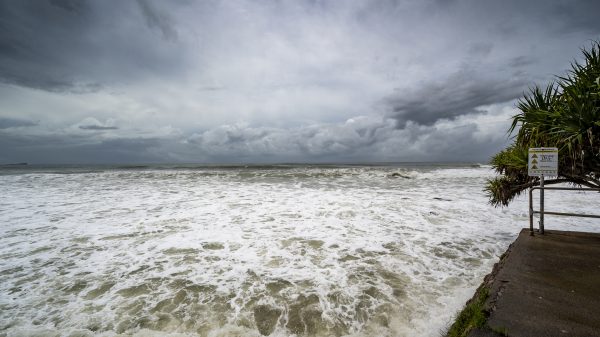New York, NY – A federal judge has held an Immigration and Customs Enforcement (ICE) agent in contempt of court after he detained a suspect in the middle of a trial. The incident occurred during a criminal trial in New York, where the suspect, who was in the country legally, was being tried on charges unrelated to immigration status. The detainment, which took place during a court recess, has sparked outrage and raised questions about the overreach of immigration enforcement in legal proceedings.
The Incident: ICE Detains Suspect During Court Proceedings
The incident unfolded when the suspect, identified as Juan Rivera, was in the midst of a trial for charges unrelated to immigration violations. Rivera, who had been living in the United States for several years, was being tried for alleged drug offenses. During a break in the proceedings, ICE agents entered the courthouse and detained Rivera, citing a pending immigration violation as the reason for the action.
Rivera’s defense team quickly objected, arguing that the detention was not only an overreach by ICE but also a violation of his rights as the court proceedings were still ongoing. According to the defense, Rivera was under the protection of the judicial process, and the detainment disrupted his ability to continue with his defense.
Judge’s Ruling: Contempt of Court
In response to the incident, the judge presiding over the case, Judge Maria Gonzalez, issued a rare ruling, holding the ICE agent in contempt of court. The judge expressed strong disapproval of ICE’s actions, stating that the detention undermined the integrity of the judicial process and interfered with the defendant’s rights to a fair trial.
“The court is deeply concerned about the actions taken by the ICE agent,” Judge Gonzalez said in her ruling. “This is an unacceptable disruption to the legal process and an infringement on the rights of the defendant. No individual should be detained in the middle of their trial unless the court has given its approval.”
The ruling is significant, as it marks a rare instance of a judge directly confronting ICE’s presence and actions during a trial. Legal experts have stated that this ruling may set a precedent for how similar cases are handled in the future, particularly regarding the rights of defendants during legal proceedings.
The Legal and Ethical Debate
The incident has sparked a larger debate about the role of immigration enforcement within the U.S. legal system. Critics of ICE argue that the agency’s actions in this case represent an overreach that interferes with the independence of the judiciary and the constitutional rights of individuals involved in legal proceedings. They claim that such actions could intimidate individuals from participating in the judicial process, particularly those from immigrant communities.
Supporters of ICE, however, contend that the agency is simply carrying out its duty to enforce immigration laws and that the detainment was justified given the suspect’s alleged immigration violations. They argue that such actions are necessary to maintain national security and enforce U.S. immigration policies.
What’s Next for Rivera and the Case?
As for Rivera, the legal team is now focusing on the unlawful detainment during the trial, which they argue could have serious consequences for the case’s outcome. They are seeking to have the charges dropped, citing the undue influence ICE’s actions may have had on the jury and the court’s proceedings.
Rivera’s case is now at the center of a wider conversation about the intersection of immigration enforcement and the justice system. Legal experts suggest that the fallout from this incident could prompt changes in how courts handle the involvement of immigration agents in legal proceedings.
The Bigger Picture: Immigration Enforcement in the Courts
The judge’s ruling in this case highlights ongoing tensions between law enforcement agencies, the judicial system, and the rights of individuals facing legal charges. The broader implications of this case will likely lead to further scrutiny of ICE’s conduct in courthouses across the country and could result in new legal standards for how such detentions are handled during trials.
As the case moves forward, attention will be on the court’s final decision on the charges against Rivera and how this ruling will influence future legal cases involving immigration enforcement.











